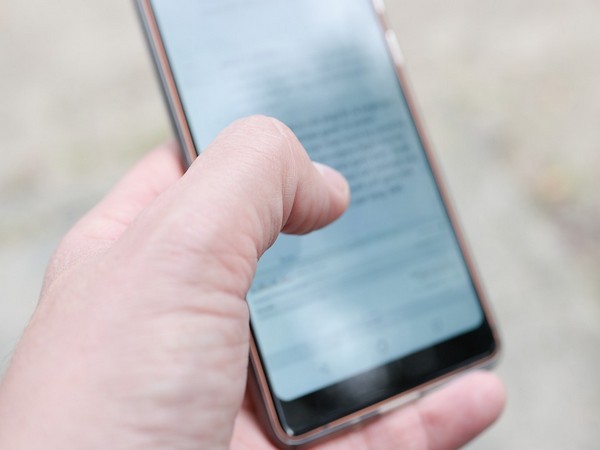Pakistan's Internet Woes: Navigating Sluggish Speeds and Surveillances
Pakistan's internet infrastructure struggles with low global rankings in mobile and broadband speeds, amid user frustrations over slow speeds and frequent internet disruptions. Government measures, including surveillance and site blocks, contribute to ongoing connectivity challenges, citing national security as a primary concern.

- Country:
- Pakistan
In a sobering revelation, Pakistan's internet infrastructure was ranked among the bottom 12 percent globally in October for both mobile and broadband internet speeds. According to Ookla's Speedtest Global Index, Pakistan stood at 100th out of 111 countries in mobile internet speeds and 141st out of 158 countries for broadband speeds, indicating a persistent struggle with internet sluggishness across the nation.
Many residents report enduring slow download rates, intermittent connectivity, and disruptions on platforms such as WhatsApp, contributing to mounting frustration. Dawn highlighted these issues, alongside frequent interruptions linked to restrictive policies on Virtual Private Networks (VPNs) used to bypass website blocks, including X (formerly Twitter).
Review data reveals an average download speed in Pakistan of 7.85 MBPS, with median rates of 19.59 MBPS for mobile and 15.52 MBPS for broadband, placing Pakistan near the lowest globally. Reports from SMay 2023 cited an ongoing internet speed crisis, with Amnesty International expressing concerns over the lack of transparency and the use of surveillance technologies. Despite these allegations, Pakistani authorities maintain that such measures are critical for cybersecurity amidst prevailing threats, often enacting restrictions during political unrest or sensitive events.
The government has imposed temporary bans and restrictions on social media platforms like Facebook, Twitter, and YouTube amid fears they are used to incite disorder or challenge authority. These actions, typically framed within the narrative of national security, highlight the complex interplay between keeping order and ensuring connectivity.
(With inputs from agencies.)
- READ MORE ON:
- Pakistan
- Internet
- Speed
- Connectivity
- Surveillance
- Growth
- Challenges
- VPN
- Social Media
- Broadband
ALSO READ
Favorable Monsoon and Economic Strategies Poised to Boost India's Agricultural Growth
Global Strategies to Combat Foodborne Viruses: Challenges and Solutions Explored
VTB's Bold 2025 Forecast: Optimism Amid Economic Challenges
Bajaj Auto's Mixed Wheel of Growth: Sales Figures Revealed
ED Challenges Delhi Court's Verdict in Amanatullah Khan Money Laundering Case










